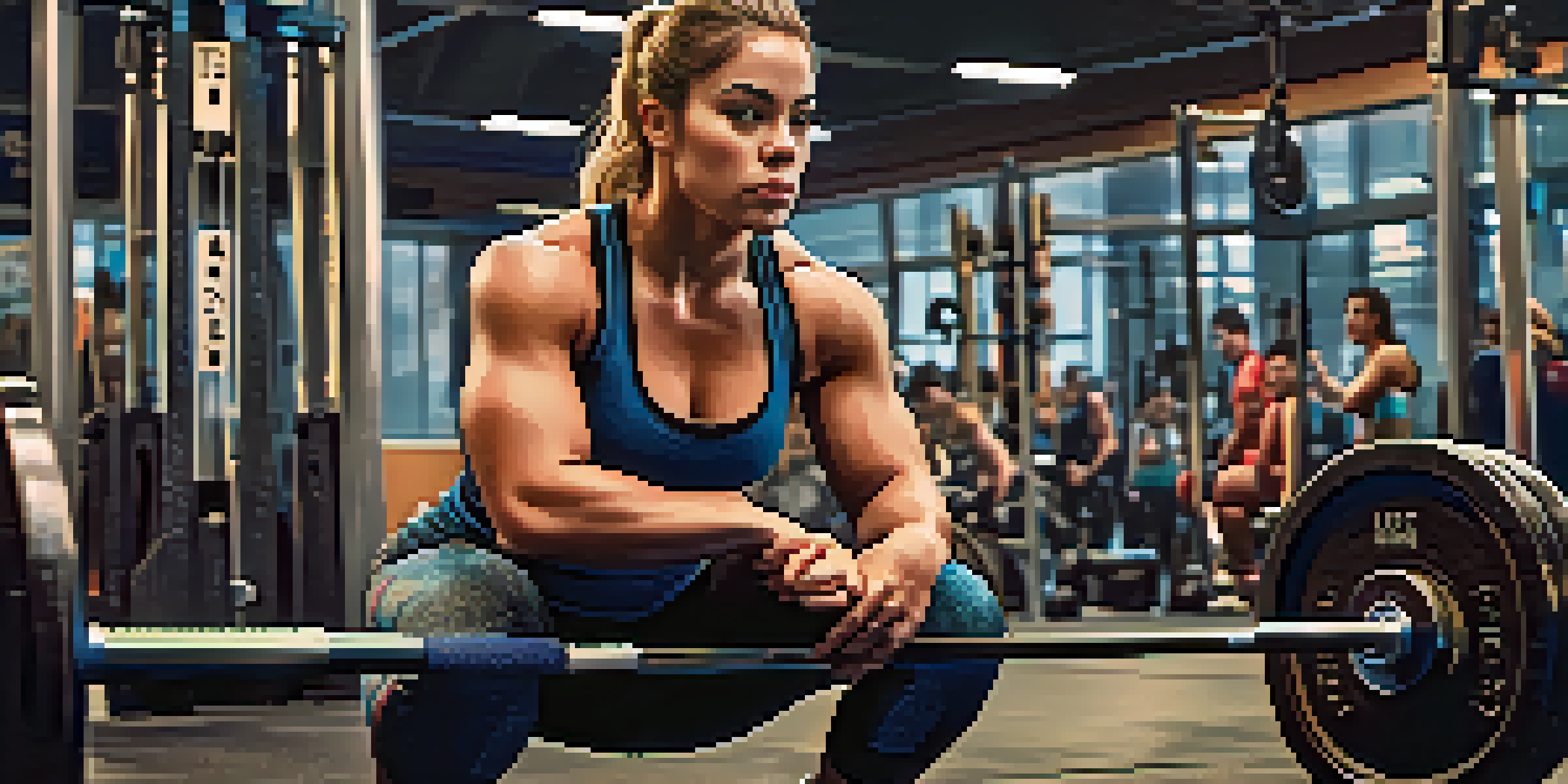How Powerlifting Affects Estrogen Levels in Men and Women

Understanding Estrogen and Its Role in the Body
Estrogen is a vital hormone that plays significant roles in both men and women. In women, it regulates the menstrual cycle and supports reproductive health, while in men, it contributes to bone density and muscle growth. Although commonly associated with femininity, men also produce estrogen, albeit in lower amounts. Understanding its functions helps us appreciate how activities like powerlifting can affect hormone levels across different genders.
The Basics of Powerlifting and Its Benefits
Powerlifting focuses on three primary lifts: the squat, bench press, and deadlift. This strength training discipline not only builds muscle but also improves overall strength and endurance. Beyond physical benefits, powerlifting can boost mental health by increasing confidence and reducing anxiety. With its myriad of advantages, it’s no wonder many people, regardless of gender, turn to powerlifting.
Estrogen's Role in Powerlifting
Estrogen influences muscle growth and recovery for both men and women during powerlifting.
How Powerlifting Influences Hormonal Balance
Engaging in powerlifting can lead to changes in hormonal balance, including levels of estrogen. Intense strength training can stimulate the production of various hormones, including testosterone and estrogen. This hormonal response is part of the body’s way of adapting to increased physical demands. Understanding this balance is key to optimizing training outcomes and overall health.
Effects of Powerlifting on Estrogen Levels in Women
For women, powerlifting can lead to an increase in estrogen levels, particularly when training involves heavy weights and compound movements. This rise can enhance muscle mass and bone density, which are crucial for long-term health. However, the effects can vary based on individual factors such as age, diet, and training intensity. Regularly monitoring these changes can help women tailor their training for optimal results.
Nutrition's Impact on Hormones
A balanced diet rich in healthy fats and phytoestrogens can enhance hormonal health for powerlifters.
Effects of Powerlifting on Estrogen Levels in Men
In men, powerlifting typically leads to a slight increase in estrogen levels, which can positively influence muscle recovery and fat distribution. This hormonal shift is essential for maintaining a healthy balance, especially as men age. However, excessive estrogen can lead to unwanted side effects, such as decreased libido or increased body fat. Therefore, finding the right balance through powerlifting is crucial.
The Role of Nutrition in Hormonal Changes
Nutrition plays a pivotal role in how powerlifting affects estrogen levels. A balanced diet that includes healthy fats, proteins, and carbohydrates can support hormonal health. Foods rich in phytoestrogens, like soy products and flaxseeds, can also influence estrogen levels. Understanding the relationship between diet and exercise can empower both men and women to optimize their powerlifting routines.
Monitoring Hormonal Balance
It's essential to monitor hormonal changes during powerlifting to avoid potential health risks from imbalances.
Potential Risks and Considerations
While powerlifting has numerous benefits, it's essential to be aware of potential risks, especially regarding hormonal imbalances. Overtraining can lead to elevated estrogen levels in both genders, which may cause various health issues. It's crucial to listen to your body and adjust training intensity accordingly. Consulting a healthcare provider can help athletes navigate these challenges safely.
Conclusion: Embracing Powerlifting for Hormonal Health
Powerlifting can significantly impact estrogen levels in both men and women, offering various health benefits. By understanding how this strength training discipline influences hormones, individuals can tailor their routines for optimal results. Incorporating proper nutrition and monitoring body responses will ensure a healthier lifting experience. Ultimately, embracing powerlifting can empower both genders to achieve their fitness goals while maintaining hormonal balance.